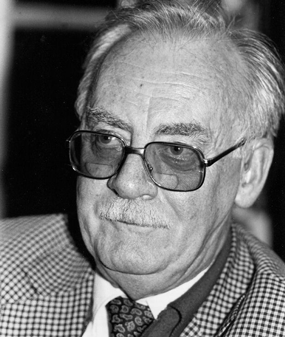Gordons witness to peace was accomplished in the classroom, on the lecture circuit, writing at his desk or attending endless meetings for the cause; but developments gave special luster to his contributions. First, during discussions at the Second Vatican Council on the draft of Gaudium et Spes, then known as Schema XIII, about war and the just war theory, he met Archbishop Thomas Roberts, S.J., of Bombay and members of the British hierarchy in England and began a correspondence with Archbishop Roberts. Gordon gave a major briefing to members of the British hierarchy in Rome and was instrumental in persuading them to support the insertion of a positive statement on conscientious objection. The council thus reversed Pius XIIs teaching that if one was a Catholic and ones nation legitimately declared war, a Catholic citizen could not be a conscientious objector.
Second, and perhaps more important, Gordon discovered the story of Franz Jägerstätter, the Austrian peasant who refused to serve in Hitlers army in any capacity because he was convinced of the immorality of the war. Franz, married and the father of three daughters, was beheaded for his convictions. Gordon came upon this story while doing research on the role of Catholics in Hitlers Germany, and then sought out Franzs widow and interviewed many of the townspeople and some clergy. The resulting book, In Solitary Witness, celebrated Franzs life and became a major contribution to the Catholic peace movement. One of Gordons proudest moments came when he was at yet another antiwar rally and heard someone say that he was burning his draft card in memory of Franz Jägerstätter. One flame had led to another.
But surely the proudest moment would have been the beatification ceremony of Franz last month in Austria. Unfortunately, Gordon suffered from Alzheimers disease during the past several years and was unable to attend. One of Gordons relatives reported that she read the letter of invitation to him and, though he had been unresponsive, he opened his eyes, sat up and took a deep breath. Perhaps he was aware of the ultimate fruit that his story bore.
Gordon was not a flashy person and was rather modest in his personal way of living, but day in and day out he bore constant and often solitary witness to the cause of peace to which he dedicated his life. He can now skip further meetings and rest in peace.
* Photo courtesy of Pax Christi USA.







